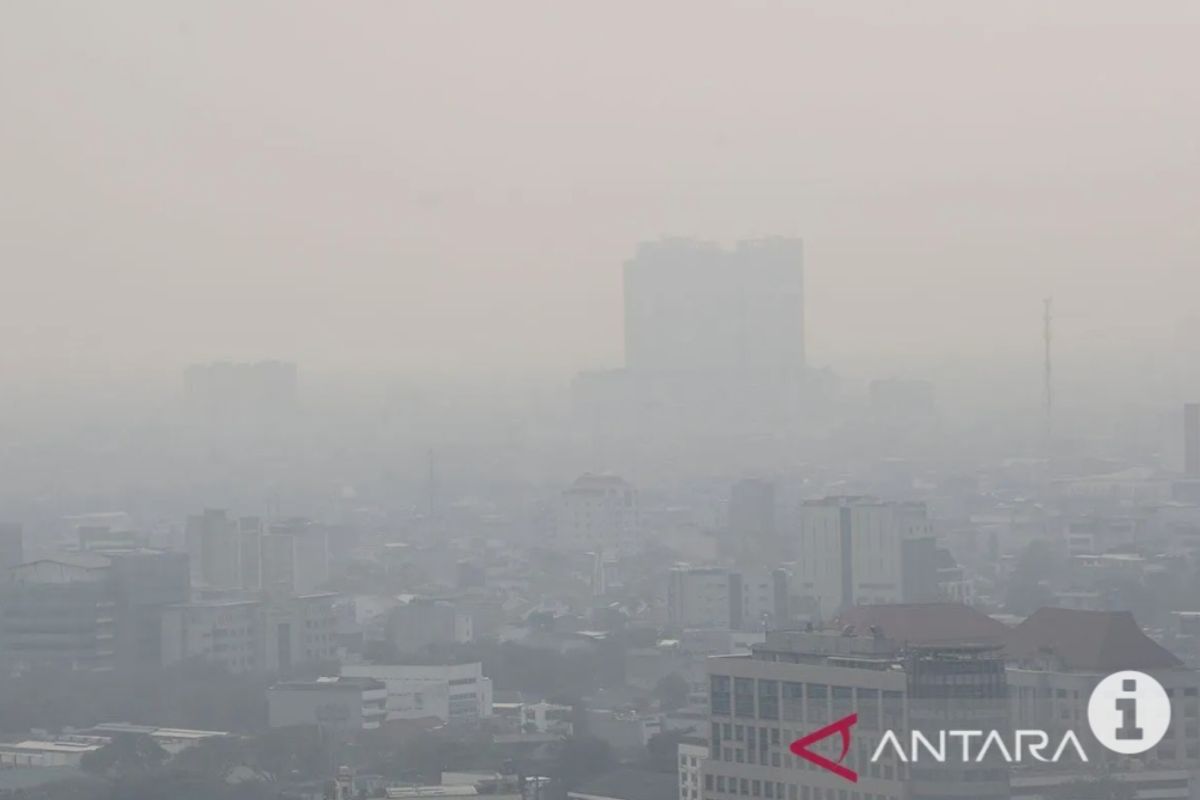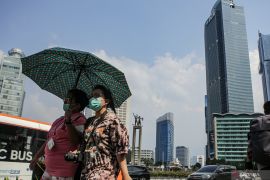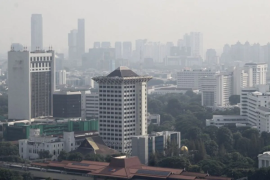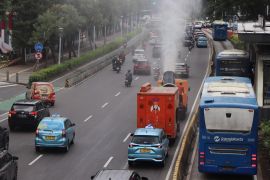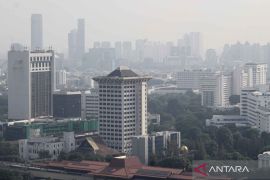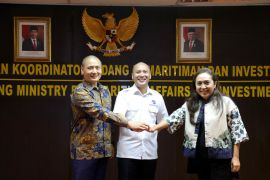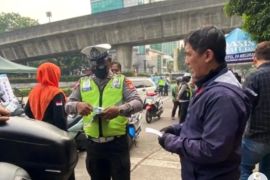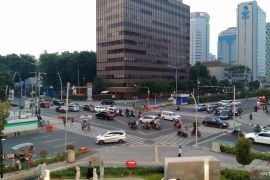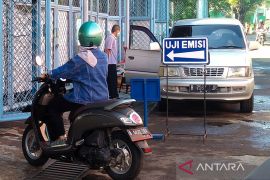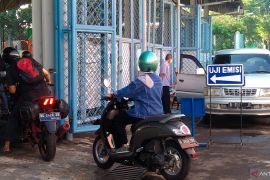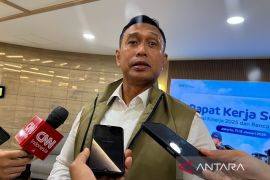"Our ultimate goal is to ensure that everyone has the right to a quality and healthy environment, including the right to clean and healthy air quality," said Rasio Ridho Sani, the Director General of Environmental and Forestry Law Enforcement at KLHK.
The ministry has established a task force to monitor and enforce laws against stationary sources of pollution, such as coal-fired and diesel power plants, industries, open waste burning, and electronic waste, he said.
KLHK has deployed 100 environmental impact control officials to supervise several points in the Greater Jakarta area, including Marunda, Cakung, Kelapa Gading, Bekasi, and the border with Karawang.
Sani emphasized that the ministry will not hesitate to stop offenders and activities that cause air pollution.
KLHK, he added, will also take other legal measures, such as imposing administrative sanctions, and filing civil and criminal lawsuits.
"We will take these strict actions as a commitment by the government to restore air quality," said Sani.
KLHK is implementing seven steps to control air pollution in the Greater Jakarta area, including identifying air pollution sources, monitoring motor vehicle emissions through emission tests, and planting trees.
These steps also involve supervising stationary emission sources for compliance with permits and laws, enforcing the law, conducting weather modification, and assisting, coordinating with, and supervising local governments.
The government has also initiated weather modification efforts to alleviate air pollution in Greater Jakarta.
Under the weather modification operation, at least 800 kilograms of salt have been spread in the skies of Cianjur, Depok, South Jakarta, and Central Jakarta.
Related news: Govt conducts weather modification, emission tests to fight pollution
Related news: WFH for civil servants increased to 75 percent during ASEAN Summit
Translator: Sugiharto P, Kenzu
Editor: Anton Santoso
Copyright © ANTARA 2023
